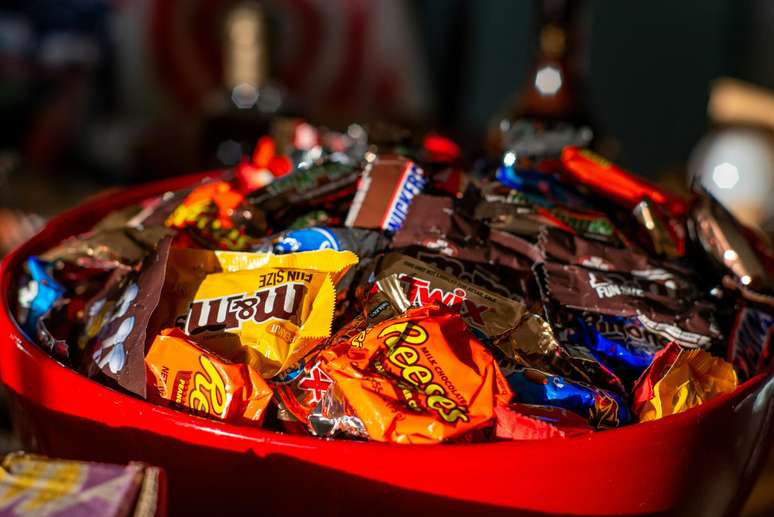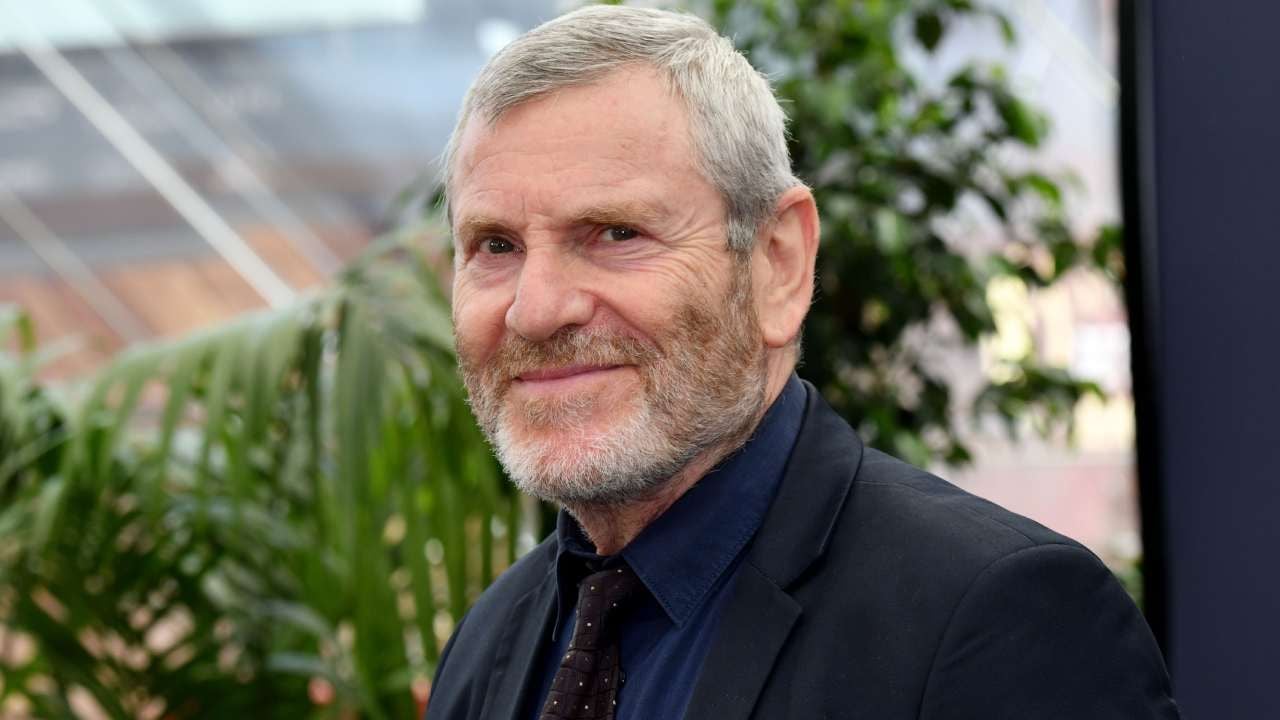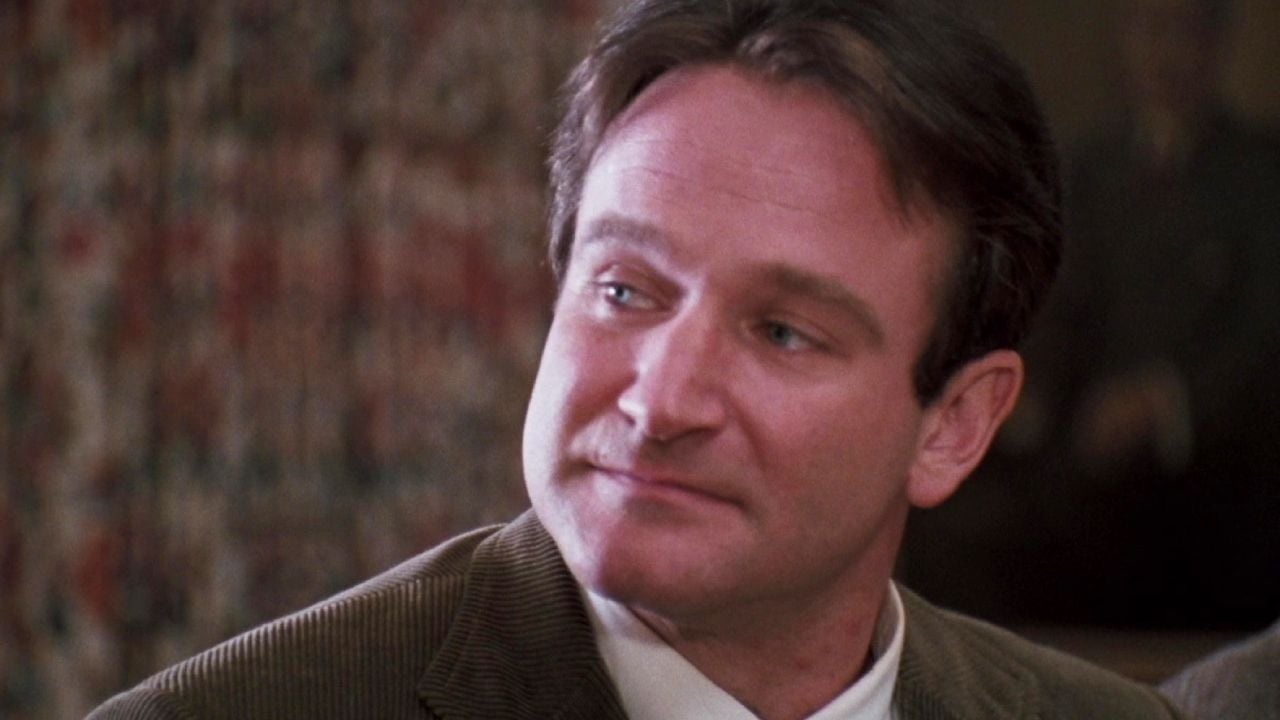The book “Raiva Não Educa, Calma Educa” offers introductory explanations for parents, guardians and the curious on the subject in an accessible way
You had an education and became what you consider a “good person”, which automatically means that that model of education was the best one to follow. Sara? It is difficult in adult life to look back and try to understand that different behavioral problems may have arisen from minor or major abuse experienced in childhood. It is understandable, after all, having this critical look at parents or guardians almost sounds like a betrayal, since they did what they knew and built on the tools they had at the time. Furthermore, defining the attitudes as “violent” may seem like an exaggeration at first.
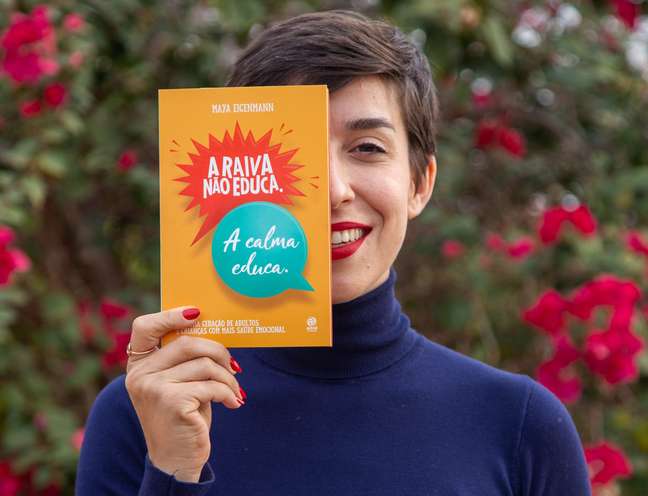
” m Many people look back on their childhood, on the violence they experienced, and don’t see it as such, but as something natural.that it’s part of the process, and that they’ve become good human beings because of it,” says Maya Eigenmann, a pedagogue, parent educator, postgraduate neuroscience student, and author of the book Anger doesn’t educate, calm educates. “This is connected to a lack of self-knowledge issue, but also to a whole toxic system that we’re embedded in, and it’s not so easy to look past it,” he says.
The question Maya asks in her book is that, when one assumes the position of an adult who has to educate, this look at the past must take place in a conscious and reflective way. The movement to look at one’s upbringing and figure out what might not have been so good is critical in order not to continue the cycles of violence that are instilled in families and perpetrated over generations. For this to happen, however, information and knowledge are essential.
“We study for everything in life. If we have to open a business, we first do market research. If I want to become a doctor, I go to medicine. And even with free courses, we pursue knowledge for everything we want to conquer. But not with children. We think that intuition is enough, that it is enough – and it obviously isn’t. Indeed, science brings a lot of information that will lift us in this sense,” he stresses.
And it’s not just about not hitting the kids. Yes, this is a key point as it is an explicit form of violence. But suppressing crying, not accepting the mistake, the act of invalidating emotions by attributing everything to tantrums, excessive demands, among other behaviors one has with children, can have lifelong negative consequences.
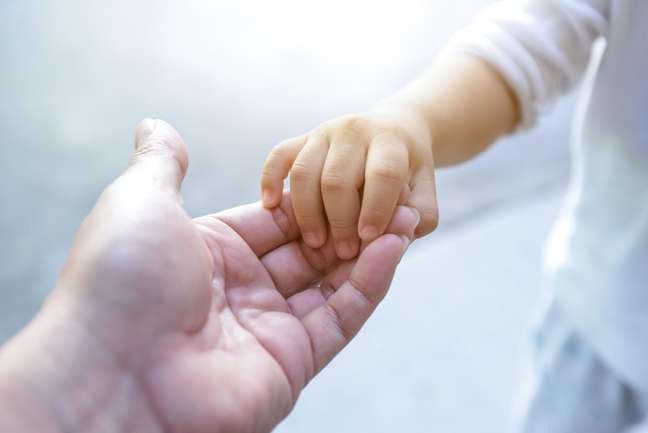
Positive education as a commitment for everyone
The parent educator points out that positive education – also called education in respect, non-violence, among other forms – is often seen negatively as an extra burden on women, who still bear most of the responsibility for raise children in a society marked by strong patriarchal traces. “The problem is not that positive education is a burden anymore, the problem is that the whole system is obsolete, leaving everything to this woman alone. At first it may give the impression that it is an extra burden, but in reality positive education lightens it. But sometimes this resistance is so intense that the person doesn’t even open up to the possibility.”explains the expert.
Maya, who has a Instagram profile with more than 1 million followers, where it shares information and exchanges experiences, it claims that the vast majority of its readers are women. “We already see a discrepancy in men’s interest in positive education. This is an issue that is strongly reinforced by patriarchy and machismo, in which women are seen as responsible for the child, his education and upbringing. , and the man is responsible for the maintenance of the family. The problem is that while men don’t realize how they contribute to this system, they are also conniving and abusive towards women and their children.“, alert.
An important issue, according to the pedagogue, is being able to come to terms with one’s emotions in order to be able to genuinely embrace the feelings of children. ” How will I welcome my child’s crying if I can’t even welcome my own crying? This is the reality of many men”, underlines Maya, observing that situations like these are not resolved simply or with magic formulas: everything is a long process, which initially begins with dialogue.
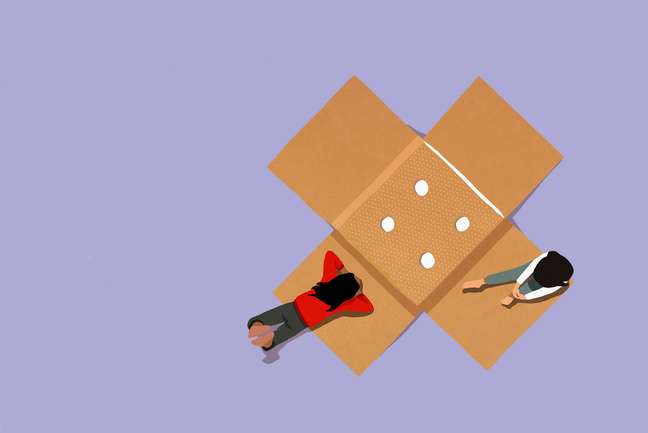
The change that must be in the adult
As with almost everything in life, change is part of the long journey. That means those “three surefire steps to temper tantrums” probably won’t work overnight. What makes the difference is constancy, the conscious attempt and the constant search for information. So, it makes no sense to hope that after a course or a book you read, the child’s behavior will be what you expect.
“I pressed the key all the time that positive education is not for children, it is for adults. If the person comes in with this mindset already, he won’t be disappointed, because he’ll know it the change-maker, or agent of change, is the adult and not the child. The child doesn’t need to prove to me that I’m a good adult, he doesn’t need to pay me back for my efforts. It’s not the child who has to make things easier for me, it’s me who has to make things easier,” concludes Maya.
Anger doesn’t educate, calm educates
The 2022 book published by Astral Cultural brings the main points of positive education in an introductory way, ideal for those who are still taking their first steps in thinking about parenting. With a simple example, Maya Eigenmann presents essential aspects of this area of study which must, by no means, be restricted to fathers and mothers. After all, having respect – in fact – for children is also a way to create a better future for everyone.
+The best content in your email for free. Choose your favorite Terra newsletter. Click here!
Source: Terra
Ben Stock is a lifestyle journalist and author at Gossipify. He writes about topics such as health, wellness, travel, food and home decor. He provides practical advice and inspiration to improve well-being, keeps readers up to date with latest lifestyle news and trends, known for his engaging writing style, in-depth analysis and unique perspectives.


